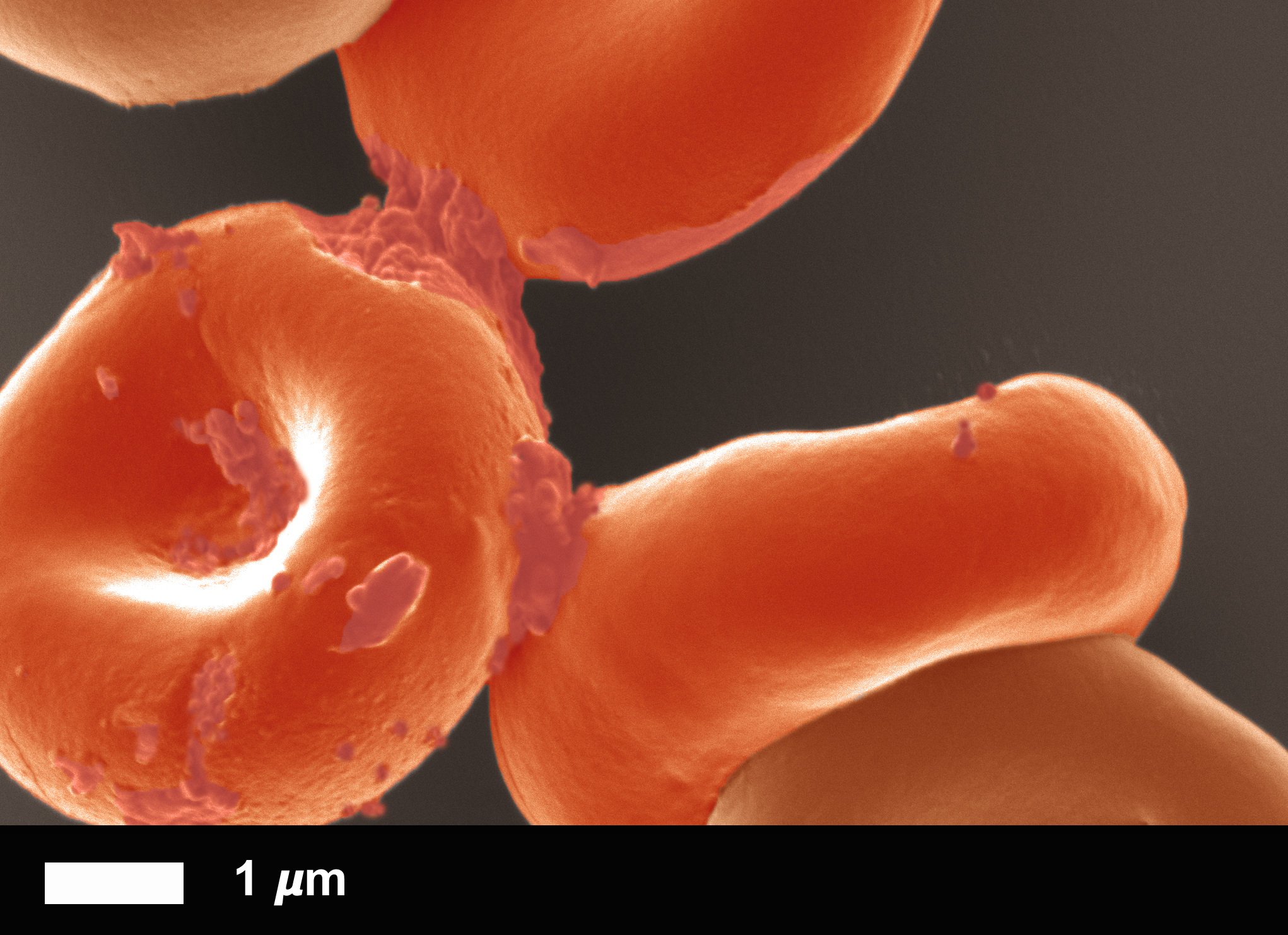With 250 citations from 15 research papers published in peer reviewed journals, Dr Martin Page has certainly earned the honour of walking over the stage when he receives his doctoral degree in Physiological Sciences from Stellenbosch University on 1 April 2021.
Dr Page started with a BScHons-degree in 2017 under the guidance of Prof Resia Pretorius, a physiologist and distinguished professor in the Department of Physiological Sciences. He continued with postgraduate studies and at the end of 2019 his MSc was upgraded to a PhD. That means he managed to graduate with a PhD only three years after finishing his BScHons-degree.
Dr Page says while a doctoral thesis is tough, he chose to focus on his research and the impact it could have for biomedicine: “I work in the field of inflammation and blood clotting. Inflammation is the centrepiece of many diseases. It is the body's normal response to injury and infection, but especially in patients with non-communicable diseases such as type 2 diabetes, Parkinson's disease, and rheumatoid arthritis, the inflammatory response is persistent and dysregulated. This has various harmful consequence, one of which is abnormal blood clotting," he explains.
His research focused on the characterisation of clotting mechanics and the underlying structural changes of blood from patients with inflammatory conditions. He also tested the effects of individual inflammatory mediators on healthy blood to dissect the complex interplay of the inflammatory environment on blood clotting.
His findings demonstrate that disturbances in the blood can signify broader dysfunction in the body: “This means that the blood is a trove of biological signatures that can warn of possible pathology in other areas of the body. It also means that pathological clotting is a general fear with chronic inflammatory conditions, and it needs to be targeted to prevent worsened pathology".
During his postgraduate studies, he has visited the Manchester Institute of Biotechnology at the University of Manchester in the United Kingdom, and the Medical University of Vienna in Austria to work with some of Prof Pretorius' international collaborators.
About his 250 citations on Google Scholar from 15 publications, some of them as first author and others co-authored, he says the purpose of science is to communicate one's work to move the field forward: “I am glad that our research has been well-received by the scientific community and this exemplifies the impact of our work. Publishing is also a great learning experience and it teaches you to think critically about your findings."
His studies have been supported by the Skye Foundation and the Harry Crossley Foundation. In 2020 he was selected as one of ten young scientists from South Africa to attend the 70th Lindau Nobel Laureate Meeting, postponed to 2021 because of the pandemic.
Dr Page is now participating in Stellenbosch University's Consolidoc programme to finalise the last publications from his doctoral research. He is also provisionally accepted for a Commonwealth Scholarship in the UK to study a one-year Master's degree in data science and machine learning.

On the photo above, a scanning electron microscopy image of red blood cells exposed to serum amyloid A, an inflammatory molecule produced in the liver. When blood cells clump together like this, it is called agglutination. Image: Martin Page

